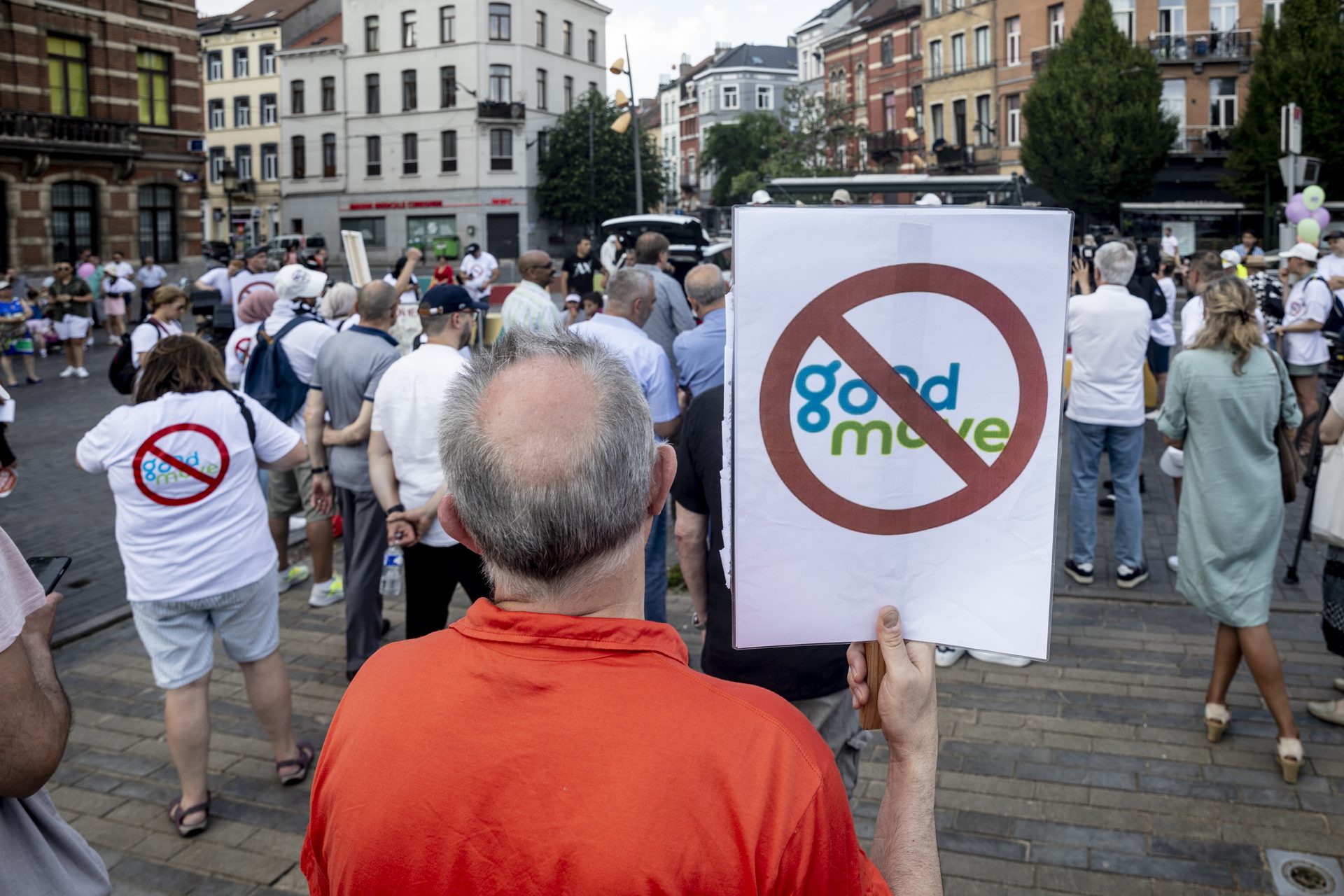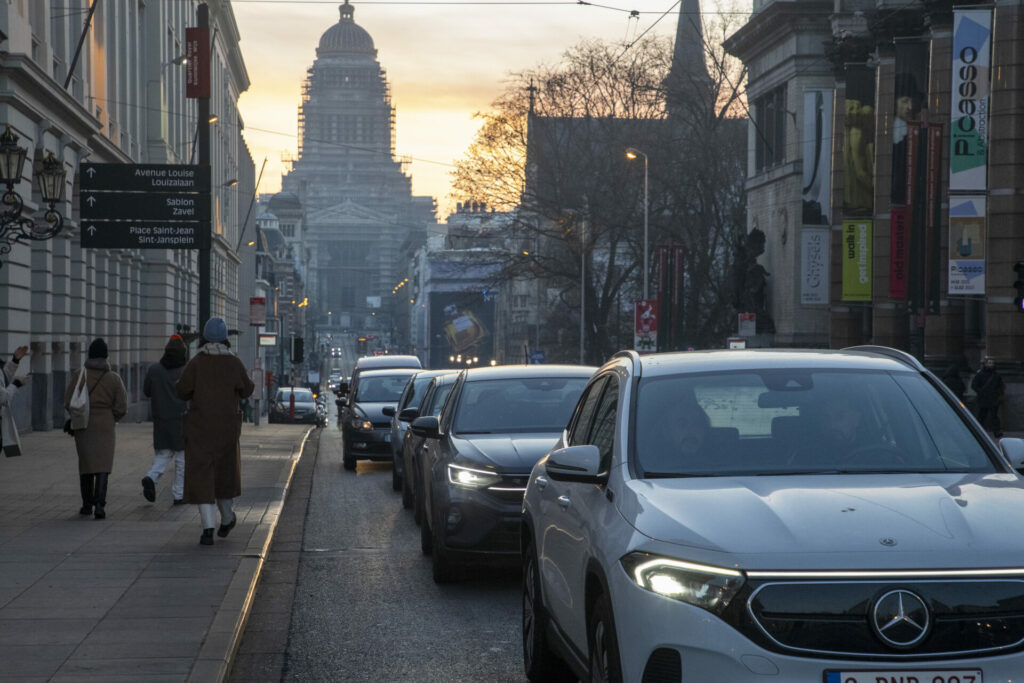Air pollution is the root cause of around 1,000 deaths in Brussels every year, and while the Region has implemented measures to improve air quality, the situation remains worrying, especially in poorer neighbourhoods.
Road traffic is one of the biggest contributors to air pollution in Brussels. Prolonged exposure to poor-quality air can lead to a deterioration in lung and cognitive capacity, but short-term exposure is also hazardous, with research pointing to an increase in acute health problems, particularly strokes. In 2018, the Region introduced low-emission zones (LEZs), restricting access to the most polluting vehicles, to address this public health concern.
These have helped achieve a significant reduction in nitrogen dioxide (NO₂) but air quality remains poor, Federal Minister for the Environment and Climate Zakia Khattabi argued on RTL.
"Even today in the 21st century, the life expectancy of a person who was brought up in Saint-Josse-ten-Node is five years lower than a person living in Woluwe-Saint-Pierre because of the quality of the air," she said, based on figures from 2020. "That's unacceptable."
Pollution discrepancies
The discrepancies in pollution based on the socio-economic backgrounds of neighbourhoods or municipalities were already highlighted in the largest-ever citizen survey on air quality in the Belgian capital two years ago. This revealed that pollution in Brussels oftenfalls along income lines, with the city's most disadvantaged and vulnerable households breathing air of a markedly different quality from wealthy residents.
This can largely be explained by the correlation between wealth and the availability of parks, which improve air quality, and residents living near busy roads in poorer neighbourhoods.

Credit: Lauren Walker / The Brussels Times
A study showed that health risks are higher in deprived neighbourhoods as residents in these areas are twice as likely to die before the age of 75.
Reviewing the mobility policy in the capital, Khattabi noted that the "peaceful" neighbourhoods as a result of 'Good Move', the Regional Mobility Plan, are a major improvement. This new traffic plan, implemented in the City of Brussels, Schaerbeek and Saint-Gilles, among others, encourages local mobility and public transport.
Focus on public transport
In some places, the Good Move plan was met with criticism, such as in Schaerbeek where there were consecutive nights of protests when it was first introduced. However, it has proven to have a positive impact on the number of pedestrians and cyclists, while on the major axes, car traffic has dropped. "Around our schools, safety is more guaranteed," Khattabi noted.

Demonstration of the 'Non au plan Good Move' group to request a review of the current mobility policies in Brussels, Sunday 11 June 2023. Credit: Belga / Hatim Kaghat
She stressed that the solution to better air quality lies in improving mobility. "There is a functioning public transport network, but it is expensive and inefficient," she explained, adding that continued investments are needed, not only for STIB within the city, but also for the national railway operator SNCB.
"Then we can ensure that both coming to and getting around Brussels is more efficient than coming by car." She recognised that a large budget is needed for this, and argued that the Region should focus on improving tram and bus lines and increasing frequency, rather than spending all its money on the controversial Metro 3 line, connecting Evere to Forest.

